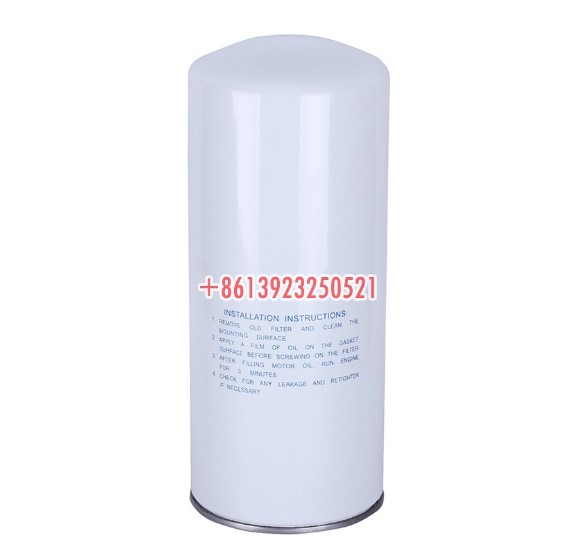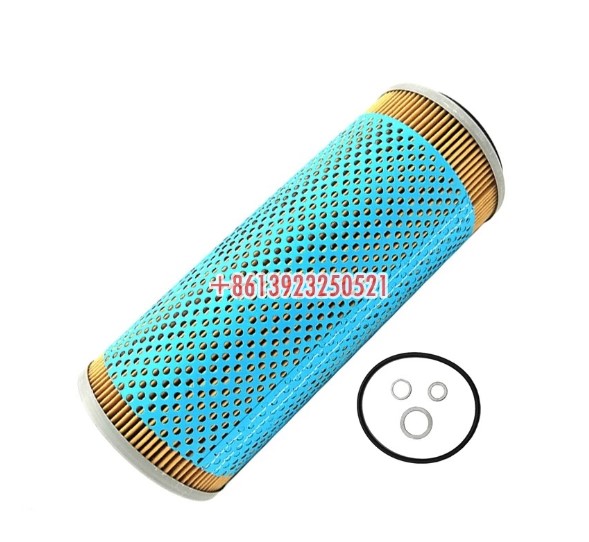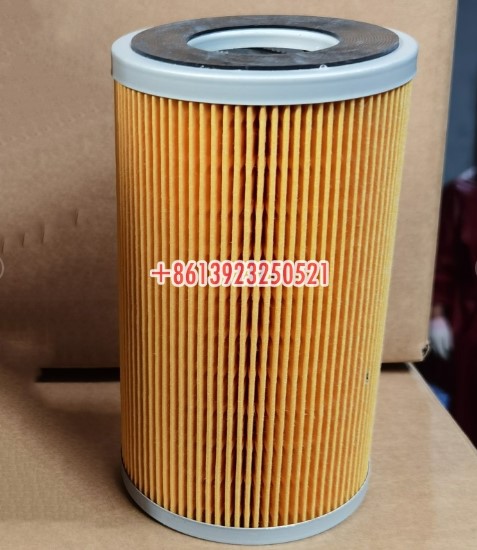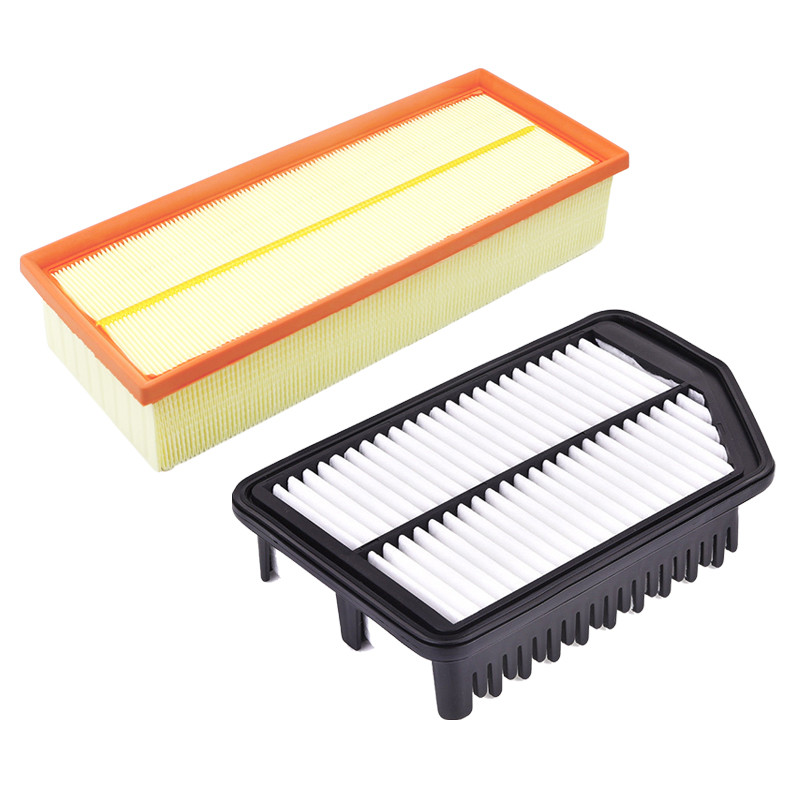An oil filter is a crucial component in any internal combustion engine, playing a vital role in maintaining its performance and longevity. It is responsible for removing contaminants and impurities from the engine oil, ensuring that it remains clean and free from harmful particles. Continue reading this article and learn more about the oil filter.
Why Is An Oil Filter Important?
The primary function of an oil filter is to protect the engine by removing harmful contaminants from the oil. As the engine operates, tiny particles, such as dirt, dust, metal shavings, and soot, can find their way into the oil. If these pollutants are not eliminated, they may seriously harm the engine's components and shorten its lifespan.
How Does An Oil Filter Work?
The filtration process in an oil filter involves several key steps that effectively remove contaminants from the engine oil. Let's take a closer look at how an oil filter works:

Oil Entry
As the engine runs, the oil pump circulates the engine oil, pushing it through various passages and components. This oil is directed in part toward the oil filter. Through the intake, which is attached to the engine's oil system, unfiltered oil enters the filter.
Filtration Media
High-quality filtering media is positioned carefully inside the oil filter to catch and trap impurities. This media is typically made of synthetic fibers or cellulose, designed to provide optimal filtration efficiency. As the oil passes through the filter medium, particles as small as a few millimeters can be caught in the minuscule gaps between the fibers.

Contaminant Trapping
As the oil passes through the filtration media, various contaminants, such as dirt, dust, metal shavings, and soot, become trapped within the fibers. The larger particles are captured near the surface, while smaller particles penetrate deeper into the media, getting caught in the finer layers. With the help of this procedure, the oil's impurities are efficiently eliminated in a sizable amount.
Clean Oil Flow
Once the oil has passed through the filtration media, the clean oil flows through the outlet of the oil filter. The outlet is reconnected to the engine, enabling the filtered oil to circulate back via the intended channels and keep the engine's parts lubricated.

Bypass Valve Activation
In certain situations, such as when the oil is too thick or the filter becomes excessively clogged, a bypass valve comes into play. As a safety measure, the bypass valve opens to let unfiltered oil skip the filtering medium and continue to circulate through the engine. Although this compromises the filtration process temporarily, it prevents the engine from running without oil flow, providing vital lubrication until the filter can be replaced or the issue is resolved.
Conclusion
An oil filter is an integral part of any internal combustion engine, safeguarding it against the detrimental effects of contaminants in the oil. The filter makes sure that the engine obtains clean oil for optimum performance and longevity by removing particles and contaminants. COOBELL is a premier oil filter manufacturer, offering a wide range of car filters. If you are interested in it, try the differences in us!


.jpg)
.jpg)
